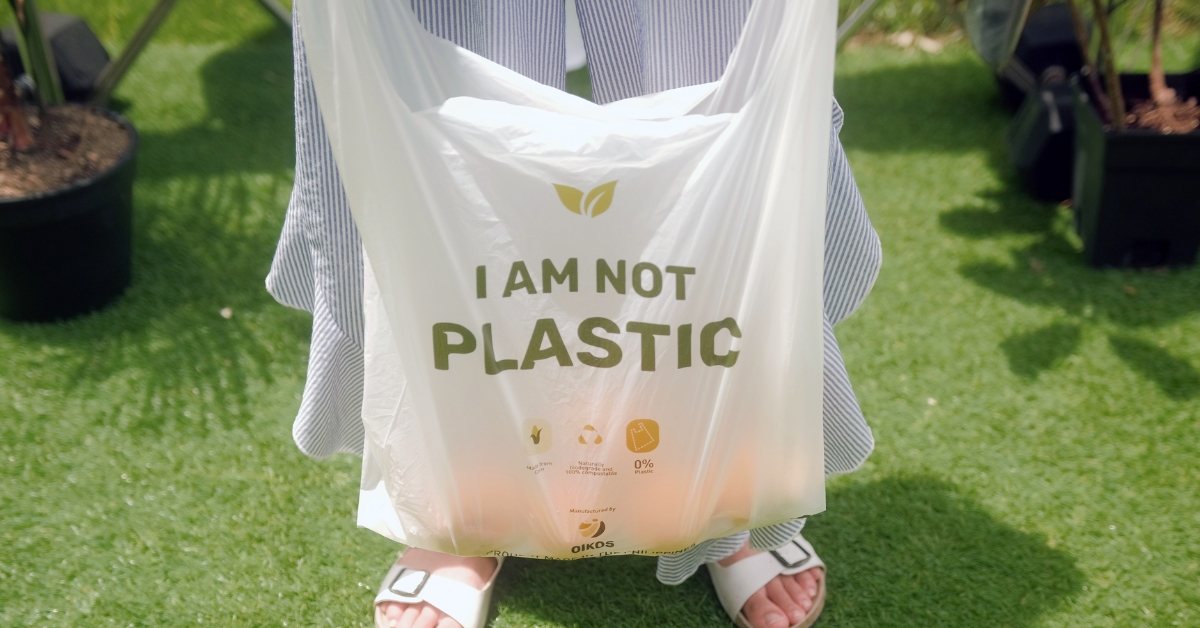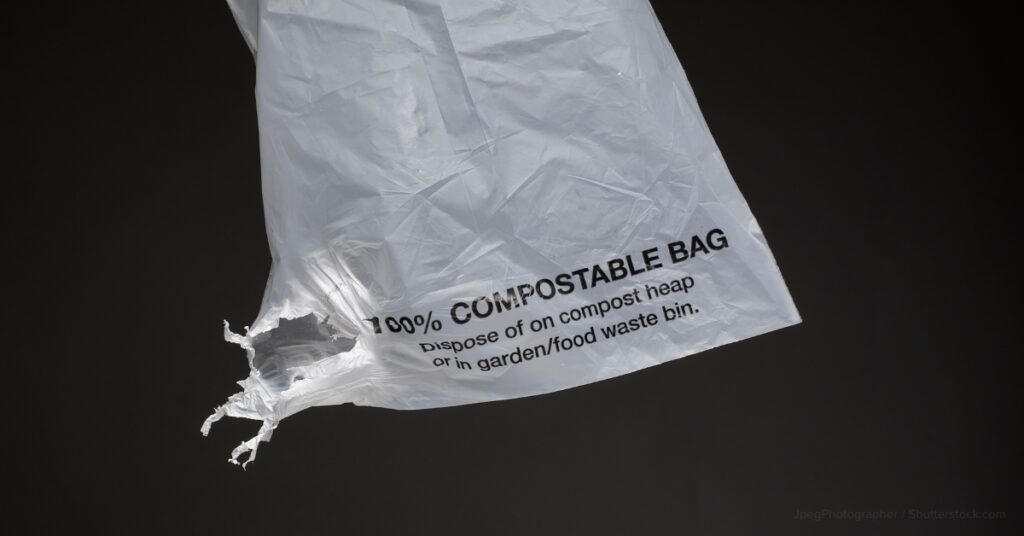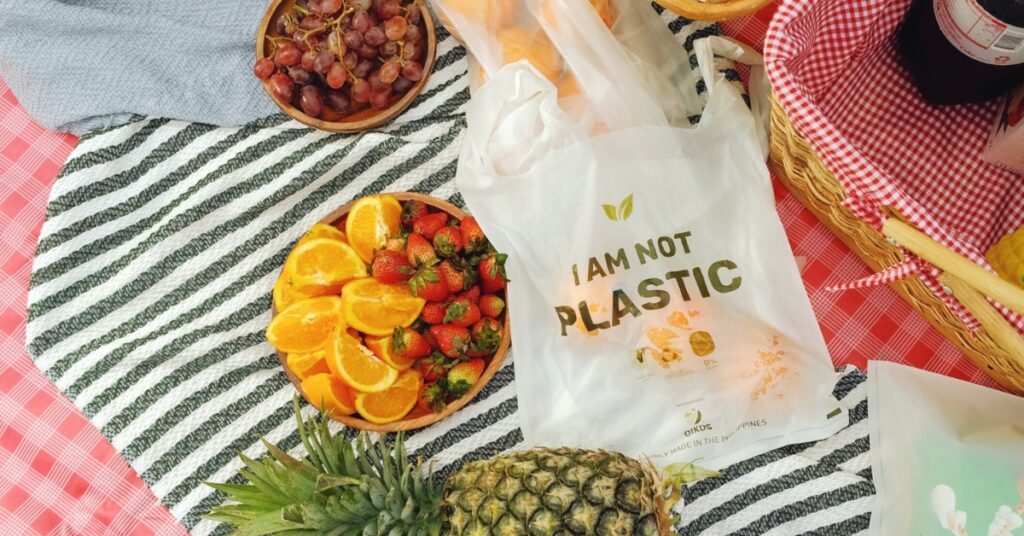
Published
January 30, 2024
Tags:
Learn how cassava and corn starch bags decompose and what benefits we can get from these spectacular features of these products.
Approximately 9.2 billion tons of plastic are produced worldwide, furthering an already alarming state of plastic pollution. Alternative packaging to plastic made from renewable sources, such as cassava starch bags and corn starch bags, is becoming a popular eco-friendly option, offering a biodegradable solution to the persistent problems linked with traditional plastic. In this article, learn how cassava and corn starch bags decompose and what benefits we can get from these spectacular features of these products.
Here’s How Cassava and Corn Starch Bags Decompose

The science behind the biodegradability of bioplastics like cassava starch bags and corn starch bags is as impactful as its diverse societal applications. Here are some facts about the process:
- Compostable plastic, defined by environmental regulations, breaks down through biological processes, producing carbon dioxide, water, inorganic compounds, and biomass. Bioplastics, like those made from cassava starch, are recognized for their biodegrading ability.
- However, different bioplastics degrade at various rates. PLA-based bioplastics, derived from corn starch, degrade more slowly but are widely used due to their favorable properties.
- Composting involves specific microorganisms and enzymes that break down these bags, aiming to convert organic matter into humus, enhancing soil structure and fertility.
- Environmental factors also play a role. Humidity promotes biodegradability, particularly in composite bioplastics, up to 15%. Yet, excessive microorganism enrichment can hinder degradation (10% for simple corn bioplastic, 20% for composite and simple cassava-based bioplastics). Additionally, burial temperatures above 30 °C reduce biodegradability.
- Cassava and corn starch bags naturally decompose faster than traditional plastics, typically within months to a year.
- Introducing biocatalysts for breaking down bioplastic waste selectively has the potential to enhance decomposition efficiency and create better end-of-life solutions.
Benefits of Biodegradable Plastics

Eco-friendly bags made from corn and cassava starch offer extensive benefits:
- While plastic-free and compostable, the durability of these bags is not compromised. They are versatile and find applications across various industries.
- Their biodegradable nature makes them crucial in minimizing plastic pollution in the Philippines and beyond. They also help reduce the overall carbon footprint. Their rapid decomposition, reduced contributions to landfills, and lower greenhouse gas emissions during manufacturing make them an attractive choice for environmentally conscious consumers.
- When composted correctly, these materials can effectively serve as fertilizers.
Choose Green, Go for Oikos

Recognizing the economic potential, manufacturers are increasingly shift towards biodegradable plastic bag production. The rise of corn starch and cassava bags marks a significant move towards a greener future. As people become more aware and environmental rules get stricter, there’s a growing demand for eco-friendly business options. Entrepreneurs, policymakers, and consumers all play key roles in steering us toward a more sustainable and plastic-free future.
Oikos Sustainable Solutions is leading the way in the Philippines by getting an Environmental Technology Verification (ETV) from the Department of Science and Technology. This recognition confirms that our cassava and corn bags are indeed plastic-free, biodegradable, and compostable—the best choice for sustainable businesses in the Philippines. Know more about our brand today.
Facebook
Linkedin
Twitter
Pinterest
